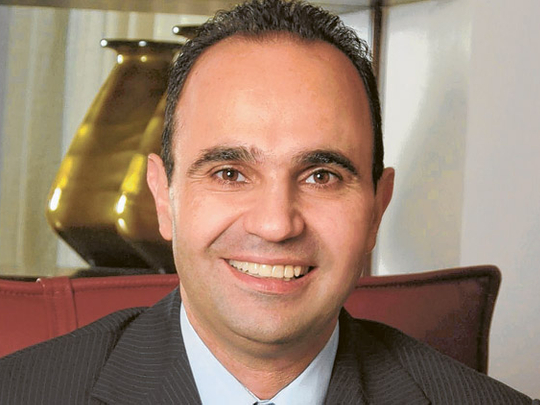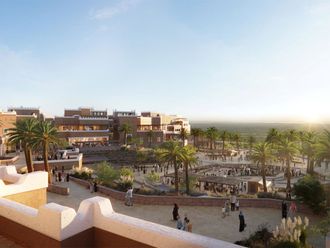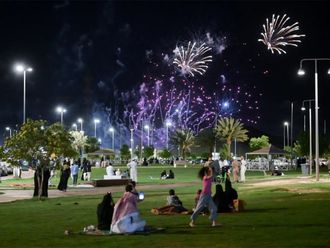
Dubai: Huge cost-saving energy-efficient solutions need to be implemented throughout the Middle East's tourism industry if it is to continue leading the way in global market growth, said Louis Hakim, Chairman of Philips Middle East and vice-president of Philips Electronics.
Hakim will be speaking at the World Green Tourism Abu Dhabi conference taking place in Abu Dhabi next week.
World Green Tourism Abu Dhabi, the first event dedicated to investment and development of sustainable tourism in the region, is scheduled to take place next Monday until Wednesday at the Abu Dhabi National Exhibition Centre.
Networking
The event will bring together key industry leaders and professionals to discuss the environmental challenges facing the tourism industry, highlighting green initiatives, technologies and solutions being integrated into mainstream industry practices.
"Green initiatives in the hospitality industry are developing as a core business strategy. Hotel guests keen to enjoy their travel and guest experience will increasingly seek out accommodation that enables them to minimise their carbon footprint," Hakim said.
"The good news is that technological solutions to support this quest are readily available," he added. "The hospitality industry as a whole is embracing growing demand for a carbon neutral experience by adopting such alternatives and making sure guests know about them."
Hakim said that there is huge potential for operators to reduce carbon footprints and open up to an increasingly growing segment of eco-conscience travellers.
"By carrying out a full analysis of the current consumption of lamps and other electrical equipment, room-by-room and floor-by-floor, it is possible to sketch an accurate picture of where savings can be made, and which products can best help realise them," Hakim said.
"This can typically save a 200-bedroom hotel 30,000 euros [Dh149,710] each year based on 80 per cent occupancy and energy costs of 0.15 cents per KwH. This represents a significant saving on operational expenses and yields additional revenue per available room."
One example of green technology in building is the use of motion sensors for lights and water.
"Currently, only one per cent of buildings are equipped with controls to detect daylight or the presence of people, representing a huge opportunity for change," he said.












